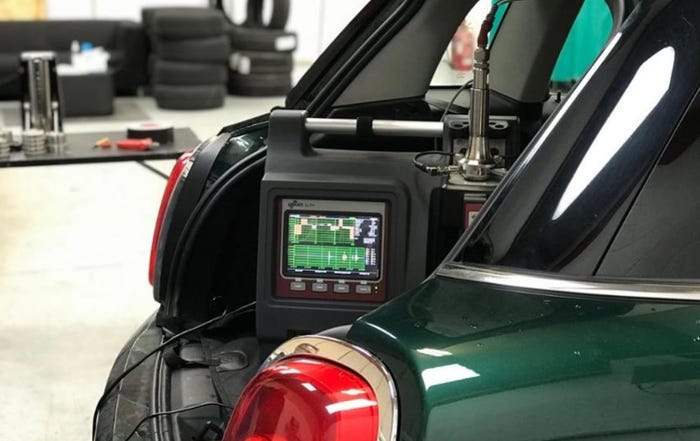New Zealand Government Incentive Package Plugs EVs
Transport Minister Simon Bridges says the measures will remove barriers to wider acceptance of electric vehicles, including the limited selection of available models and lack of widespread public charging infrastructure.

Saying electric vehicles clearly are the future, the New Zealand government is introducing a wide-ranging package of measures to increase the EV uptake.
The package aims to double the number of EVs in New Zealand every year to reach about 64,000 by 2021.
Light EVs will be exempted from NZ$405 ($600) a year in road-use charges until they make up 2% of the light-vehicle fleet.
Government agencies will coordinate activities to support the development and rollout of public charging infrastructure and NZ$1 million ($675,000) a year will be spent on a 5-year EV promotional campaign.
A fund of up to NZ$6 million ($4 million) a year will be available to encourage and support innovative low-emissions-vehicle projects.
Legislation will allow EVs to use bus lanes and high-occupancy-vehicle lanes on the state highway network and local roads.
The government also will review tax-depreciation rates and the method for calculating fringe-benefit tax to ensure EV owners are not being unfairly disadvantaged.
“A move from petrol (gasoline) and diesel to low-emission transport is a natural evolution, and it is our aim to encourage that switch sooner rather than later,” Transport Minister Simon Bridges says in a statement.
Bridges says the new measures will remove barriers that until now have discouraged households and businesses from choosing electric. Those barriers include the limited selection of models available; a lack of widespread public charging infrastructure; and lack of awareness about EVs.
The package is an important part of the government’s work to reduce greenhouse-gas emissions in the transport sector.
“Electric vehicles will maximize New Zealand’s renewable advantage, with more than 80% of the country’s electricity coming from hydro, geothermal and wind,” Bridges says.
“The increased use of electric vehicles will replace petrol and diesel with clean, green, locally produced energy.”
Motor Industry Assn. President John Manley says over the next five years, vehicle distributors will introduce new EV models, with the vast majority being plug-in hybrids.
However, the MIA says these vehicles come at a premium price and, while the uptake of plug-in vehicles is expected to increase over time but remain a fraction of total vehicle sales, the incremental cost of purchasing them can be partially offset.
“New Zealand is in a unique position of generating the majority of its electricity from sustainable resources,” Manley says.
“It is therefore pleasing to see the Minister of Transport is providing tangible incentives for businesses and consumers to purchase low-emission vehicles. This is an important initiative that will assist New Zealand in reducing its greenhouse-gas emissions.”
Read more about:
2016About the Author
You May Also Like



